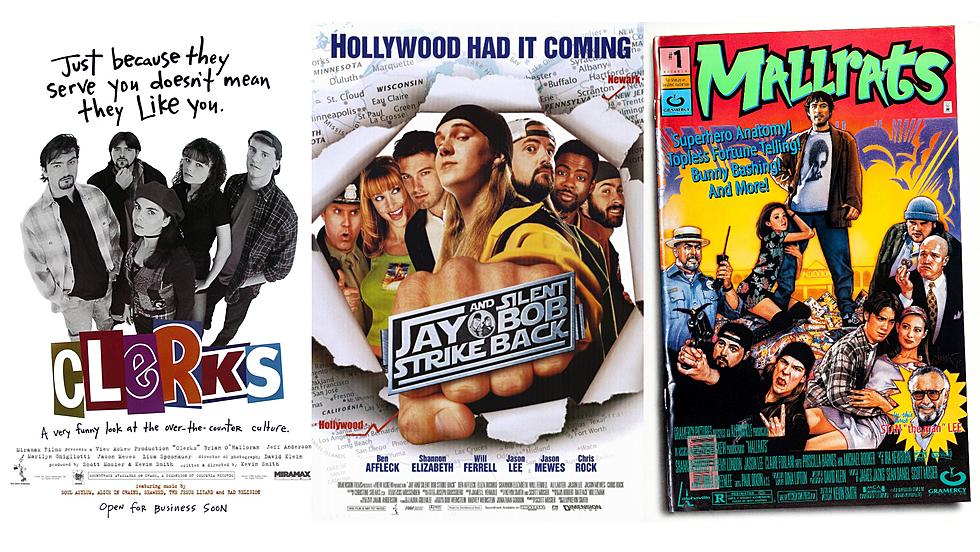
New Eye Procedure At WK Seems Like Science Fiction
You've seen movies or TV shows that have a person with some form of mechanical augmentation. The Six Million Dollar Man, The Borg from Star Trek , even Darth Vader...all "cybernetic organisms." Would you believe that medical technology right here in the Ark-La-Tex is now catching up to some of these sci-fi stories?
Believe it or not, The Willis-Knighton Eye Institute recently implanted a tiny telescope in a patient's eye to combat macular degeneration. Yes...a tiny TELESCOPE in someone's EYE!
Christopher Shelby, MD, of WK Eye Institute has successfully performed the area’s first surgery to implant a miniature telescope in the eye of a patient with end-stage macular degeneration. The patient, who had dealt with age-related macular degeneration for 40 years, was implanted at 8:00 a.m. on Wednesday, April 20, and, by noon, was able to read part of a menu. The surgery was performed at the WK Eye Surgery Center in Shreveport, the site of many of the region’s “firsts” in eye care over the years.
The telescope technology, developed by Vision Care, is used as part of the CentraSight treatment program to offer new hope and a better quality of life for patients with this diagnosis. The program is multidisciplinary, requiring not only the surgeon but a retinal specialist, low-vision optometrist and occupational therapist for follow-up care.
Dr. Shelby is understandably excited about the procedure.
It is really an amazing product that will give patients with certain types of macular degeneration the possibility of seeing details again—reading, watching TV and seeing the expressions on their grandchildren’s faces. We can now offer hope for what was once considered a hopeless disease.
A press release from The WK Eye Institute tells us a little bit more about the implant, and who is the ideal candidate for the procedure.
This is the only FDA-approved implantable telescope, employing wide-angle micro-optics in a Galilean telescope design. The implant, along with the cornea, enlarges images in front of the eye up to 2.7 times their normal size.
Currently this treatment is reserved for patients over age 65 who currently have cataracts. However, Shelby notes that criteria are changing, so patients who have already had cataract surgery will likely be able to have the implant in the future. It is covered by Medicare.
More information on the technology is available at the WK Eye Institute’s website, www.wkeyeinstitute.com.
Just don't try to see through walls. We aren't quite there...yet...maybe.


